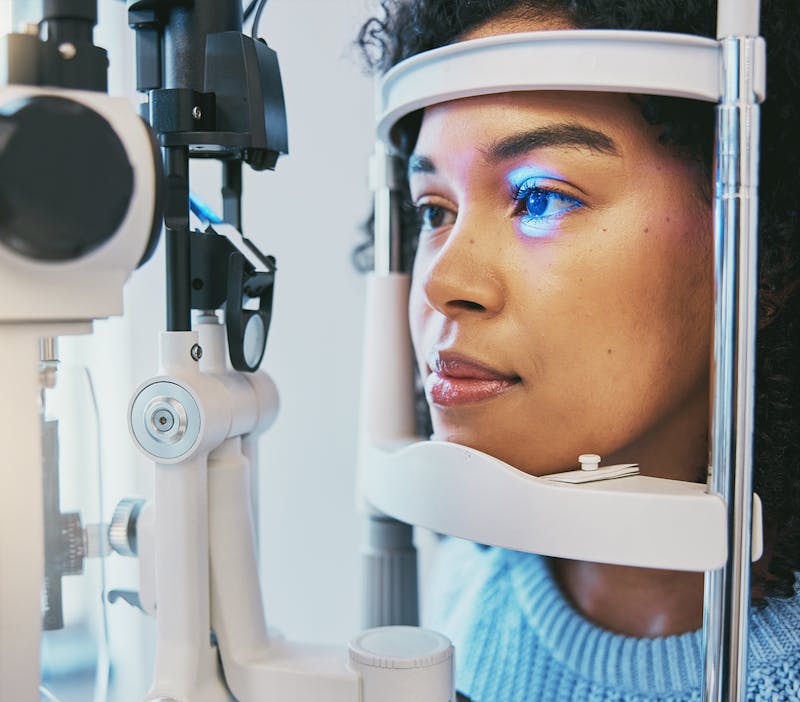In Loving Memory of Dr. Randy J. Epstein (1955–2025)
Founder, Mentor, Visionary | Chicago Cornea Consultants™It is with heavy hearts that we share the passing of our beloved founder, Dr. Randy J. Epstein, who died on May 22, 2025. This past weekend has been a profoundly sad time for all of us at Chicago Cornea Consultants&tr...
View More


